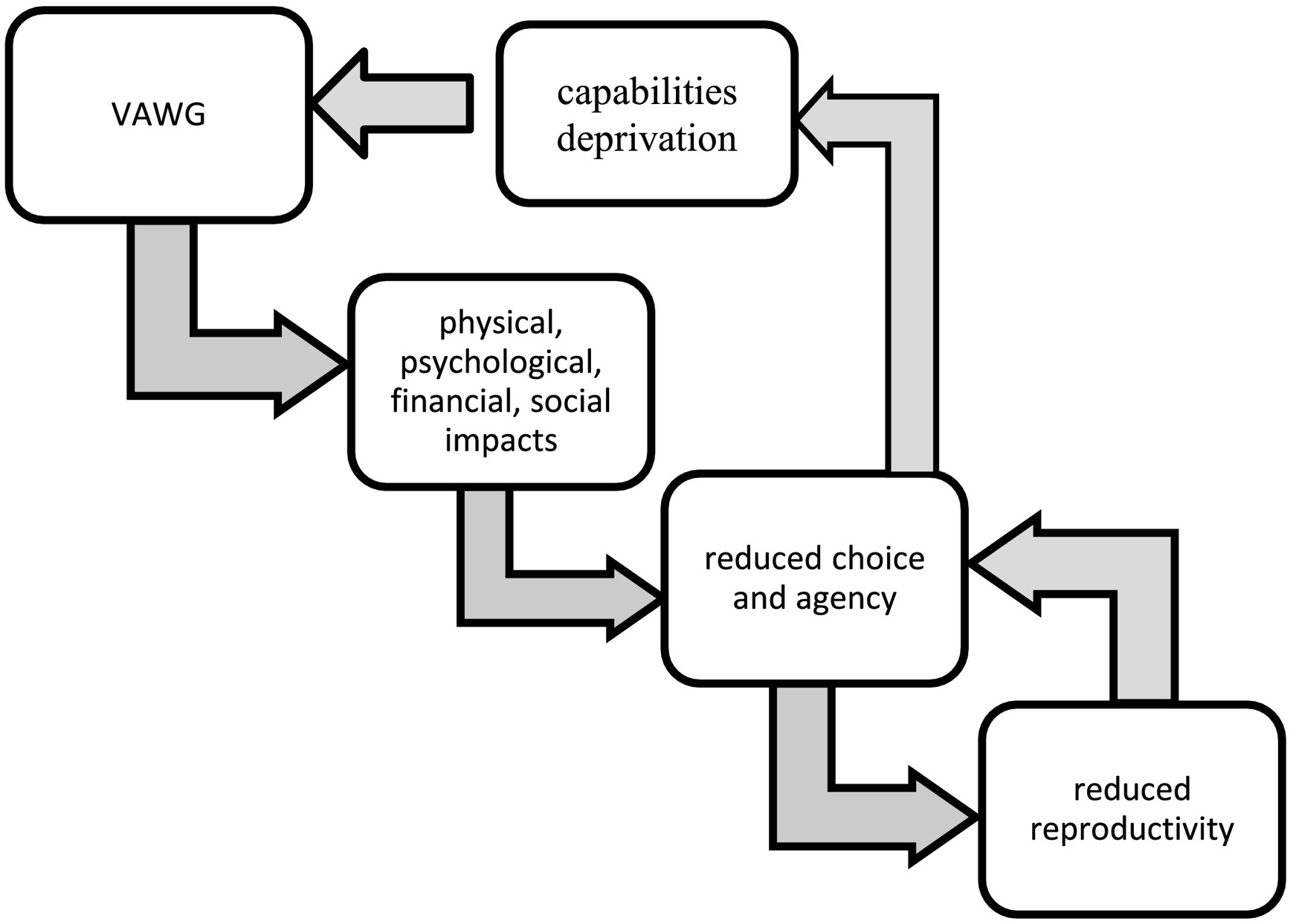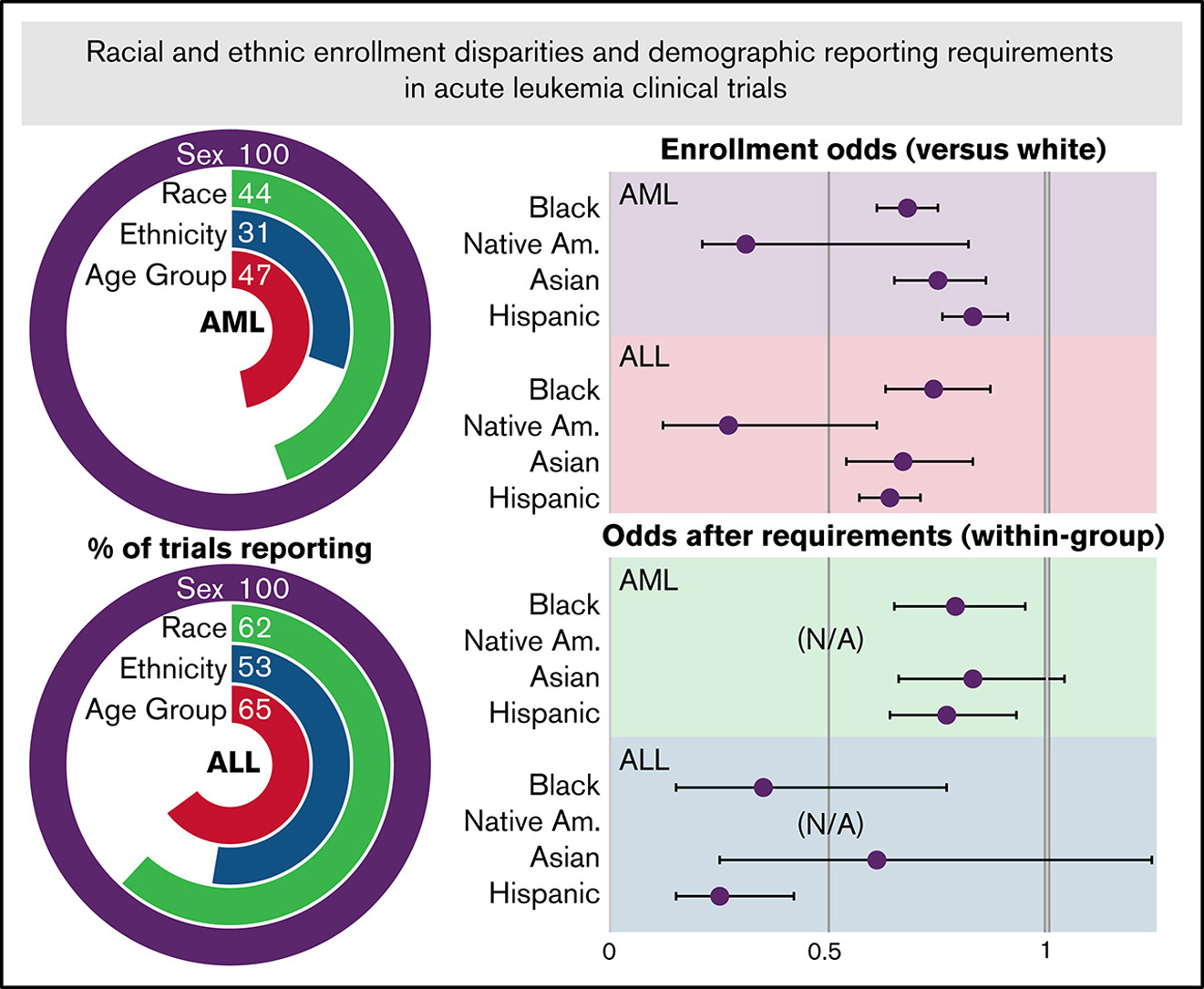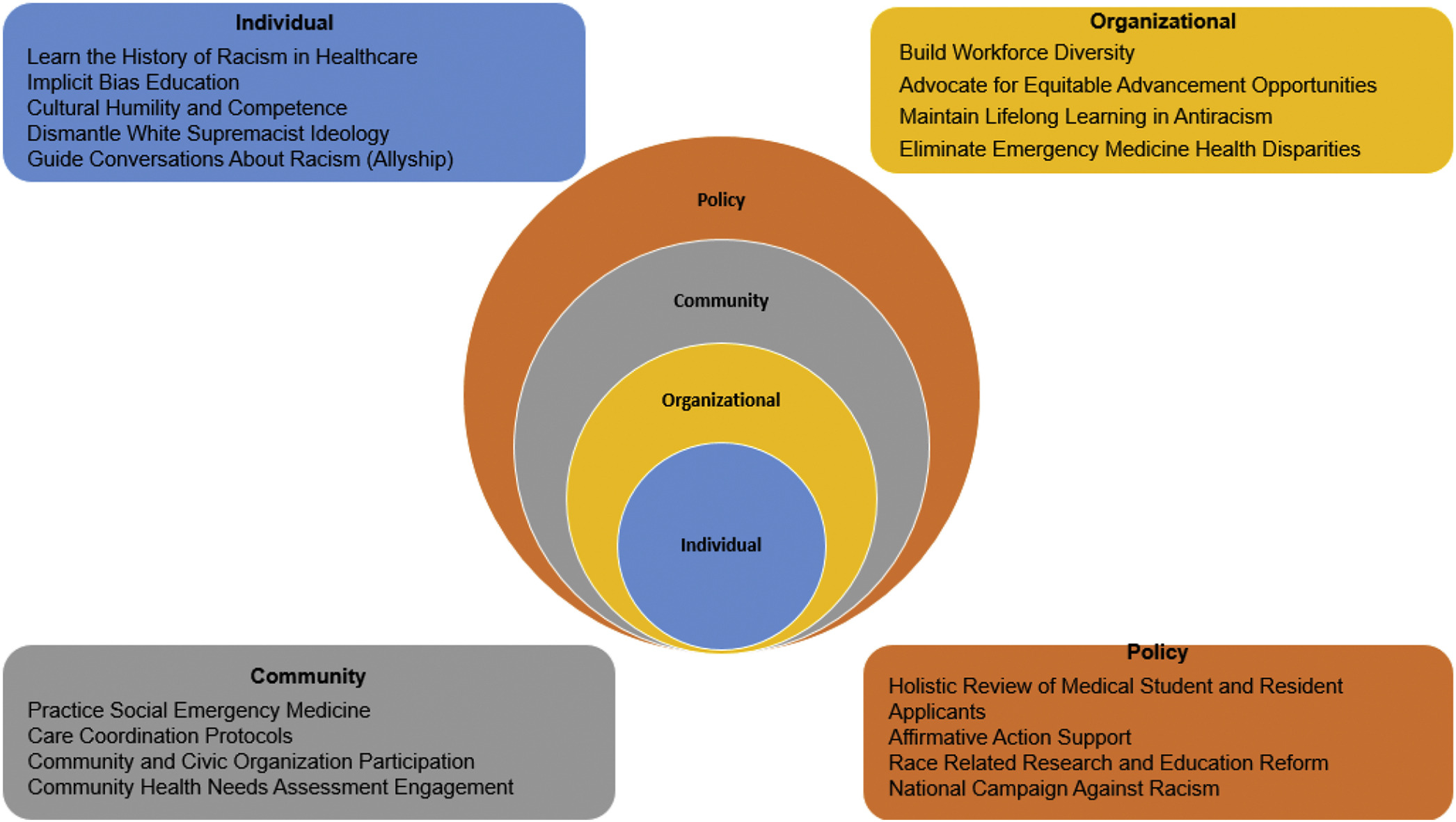Elsevier, Public Health in Practice, Volume 2, November 2021
Underneath the façade of supposedly bubbly girls, living daily lives in many parts of Nigeria lies the problem of lack of access to proper menstrual hygiene management tools or kits. From schools to business places, religious organizations amongst others, a hive of women and girls face the harsh reality of inability to manage their periods due to poor access to water, sanitation, and hygiene facilities, common in many low- and middle-income countries of which Nigeria sits top.
Elsevier, iScience, Volume 24, 19 November 2021
The COVID-19 pandemic has exacerbated energy insecurity and economic hardship among vulnerable populations. This paper provides robust empirical evidence of the degree to which COVID-19 mitigation measures, especially the mandates of school closure and limiting business operations, have impacted electricity consumption behavior in low-income and ethnic minority groups in the United States. We use a regression discontinuity design applied to individual-consumer-level high-frequency smart meter data in Arizona and Illinois to highlight the disparities in mitigation measure impacts.
Elsevier, Women's Studies International Forum, Volume 89, 1 November 2021
This article presents unique data on the economic and social impacts of Violence against Women and Girls (VAWG) in development contexts. The article draws on quantitative and qualitative data from over 5120 women in Ghana (2066 respondents) and Pakistan (3054 respondents) collected between 2016 and 2018 to assess the impacts on productivity, primarily through presenteeism and absenteeism, in paid and unpaid work due to a range of forms of VAWG.
Elsevier, The Lancet Respiratory Medicine, Volume 9, November 2021
Background: The impact of COVID-19 on physical and mental health and employment after hospitalisation with acute disease is not well understood. The aim of this study was to determine the effects of COVID-19-related hospitalisation on health and employment, to identify factors associated with recovery, and to describe recovery phenotypes.
Elsevier, Journal of Science and Medicine in Sport, Volume 24, November 2021
Objectives: We determined the representation of women in sport sciences research leadership by assessing the proportion of women in (i) leading authorship positions of randomized controlled trials (RCTs) published from January 2000 to September 2020 in sport sciences journals and (ii) editorial boards of these journals as of September 2020. Design: Review.
Elsevier, Blood Advances, Volume 5, 9 November 2021
Data regarding racial and ethnic enrollment diversity for acute myeloid leukemia (AML) and acute lymphoid leukemia (ALL) clinical trials in the United States are limited, and little is known about the effect of federal reporting requirements instituted in the late 2000s. We examined demographic data reporting and enrollment diversity for ALL and AML trials in the United States from 2002 to 2017, as well as changes in reporting and diversity after reporting requirements were instituted.
Elsevier, Annals of Emergency Medicine, Volume 78, November 2021
The COVID-19 pandemic has shed light on the ongoing pandemic of racial injustice. In the context of these twin pandemics, emergency medicine organizations are declaring that “Racism is a Public Health Crisis.” Accordingly, we are challenging emergency clinicians to respond to this emergency and commit to being antiracist. This courageous journey begins with naming racism and continues with actions addressing the intersection of racism and social determinants of health that result in health inequities.
Elsevier, International Journal of Intercultural Relations, Volume 85, November 2021
Ethnic-racial socialization is a mechanism through which immigrant parents instill in their children a sense of pride in their culture while preparing them for negative experiences with racial and cultural out-groups. For Black immigrant parents, this can include promoting a wariness of Black Americans in their children. Through this lens, we investigated an understudied intercultural dynamic via interviews with 12 first- and second-generation African and Caribbean immigrants.




